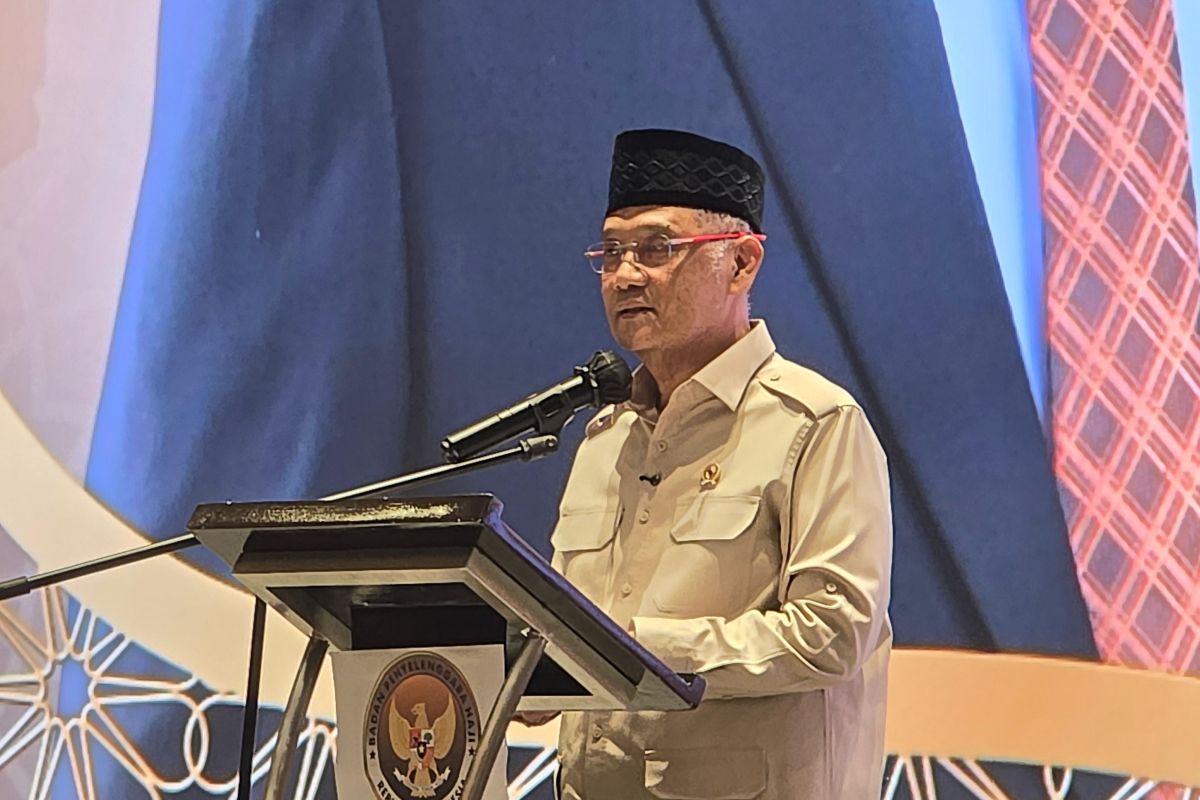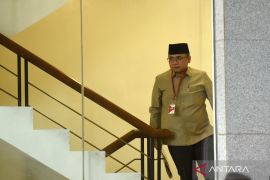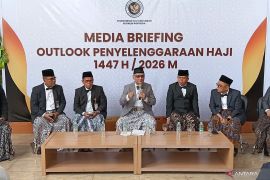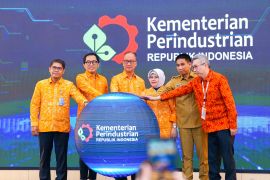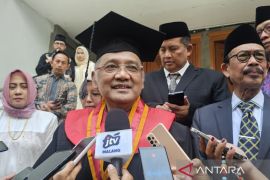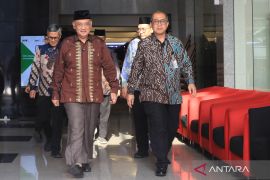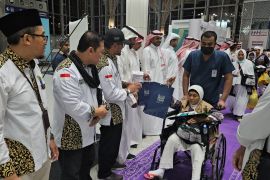“We must prove the Ministry of Hajj and Umrah is worth establishing. It should represent a new face with integrity, professionalism, and clear targets,” Yusuf said in Jakarta.
He outlined five core service values for the ministry: service, trustworthiness, integrity, responsiveness, and friendliness.
Yusuf stressed zero tolerance for corruption, data manipulation, or illegal levies, urging the ministry to reflect on past failures and move forward with transparency and accountability.
“There can be no cheating in Hajj affairs. The ministry must be clean,” he added.
Health standards for Hajj pilgrims, particularly the “istitha’ah” or medical eligibility requirement, will be a top priority for the 2025 pilgrimage, Yusuf said.
Related news: Minister hopes Hajj Ministry reaches 90-Point satisfaction index
He called for stronger coordination between central and regional governments to prevent fraud and policy violations.
Yusuf also emphasized that Hajj is more than just a religious duty—it contributes to national character-building.
“We want pilgrims to return with a deeper love for Indonesia. Hajj must become a path toward national civilization,” he said.
The ministry is continuing the development of Hajj Villages, which aim to empower local communities and improve support systems for pilgrims.
Yusuf noted that nearly Rp20 trillion (about $1.2 billion) circulates within the ministry’s operations, demanding strict financial transparency and accountability.
He also highlighted the essential role of the Hajj and Umrah Guidance Groups (KBIHU), calling for sincere, professional, and effective support for all pilgrims.
“The guidance must be optimal, clean, and from the heart,” Yusuf said.
Related news: Indonesia's new Hajj Minister focuses on pilgrim village, lower costs
Translator: Asep Firmansyah, Asri Mayang Sari
Editor: Rahmad Nasution
Copyright © ANTARA 2025
